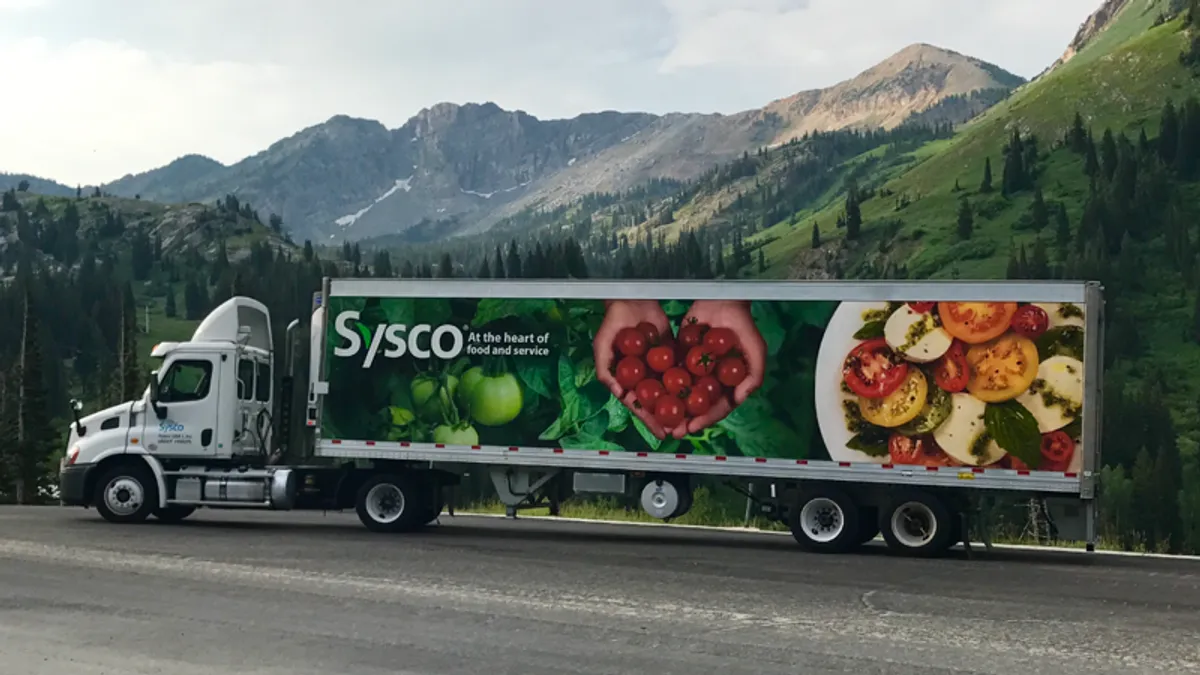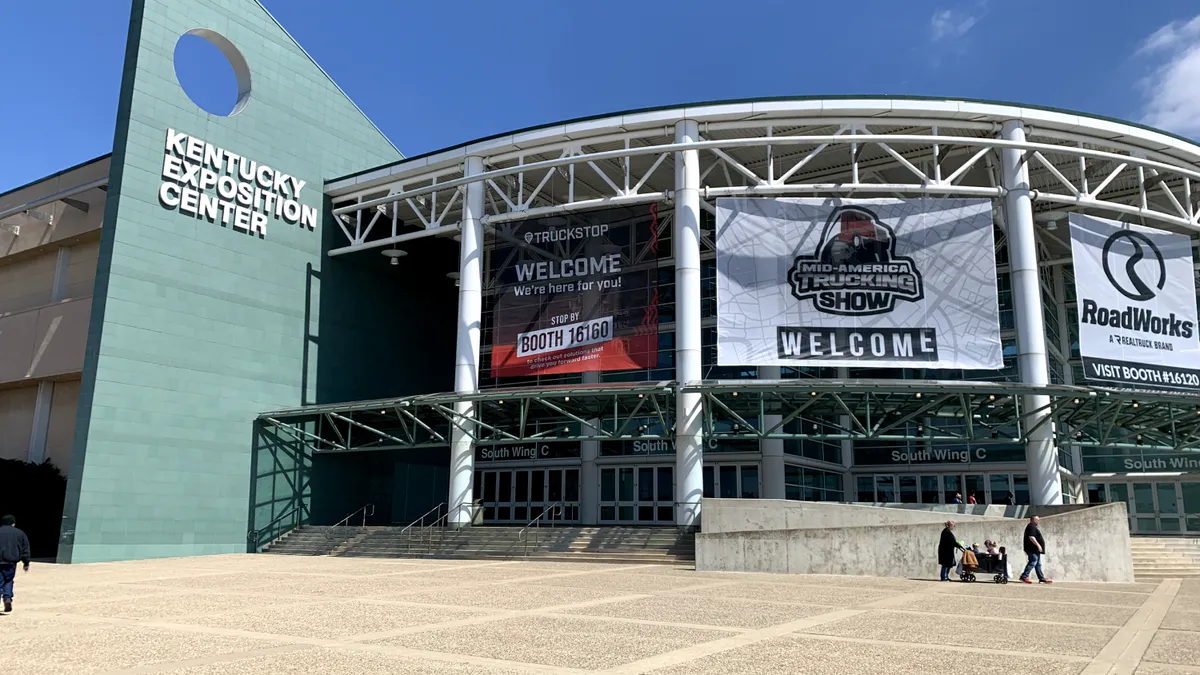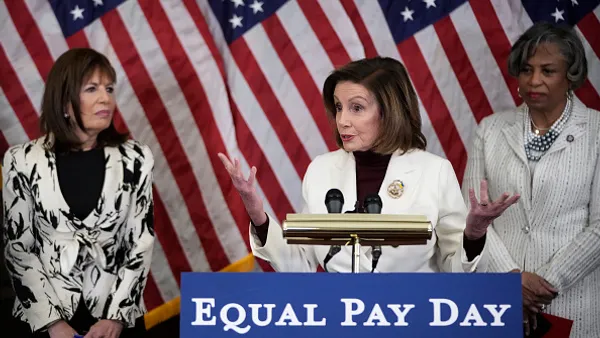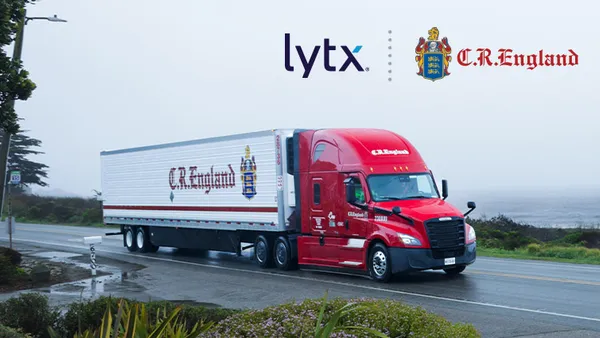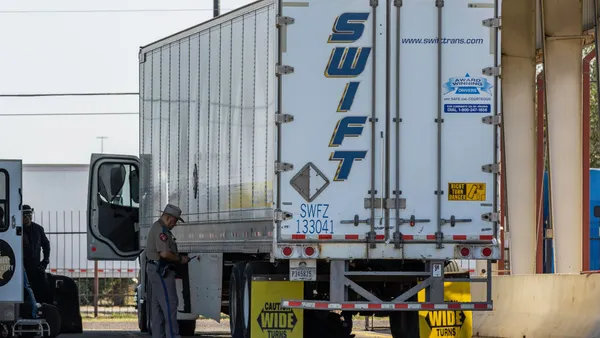Dive Brief:
- Sysco plans to hire thousands of workers in multiple roles, including drivers and warehouse staff, to prepare for pandemic recovery and the associated uptick in volume this year, company executives said during an earnings call last week. Sysco is down 15,000 employees, compared to before the pandemic, President and CEO Kevin Hourican said on the call.
- Sysco aims to gradually get back to pre-coronavirus levels of staffing by using a "week-by-week" plan, to account for training windows, Hourican said. "If the volume recovery doesn't materialize the way that we anticipate, we will slow down. If the volume recovery is faster than what we anticipate, then we'll speed up," Hourican said, referring to the staffing plan.
- "We are intentionally retaining drivers, despite the volume decline in December, to ensure we have them available for our pending volume recovery. Drivers are in short supply across the country," Hourican said, adding that the recruitment effort will add short-term expense, but the longer-term pipeline of drivers would make the investment worthwhile.
Dive Insight:
Staffing up will require Sysco to recruit workers for two of the most in-demand roles: drivers and warehouse staff. The driver shortage is a challenge nationwide, Hourican acknowledged. And data from the Bureau of Labor Statistics shows warehouse employment was up nearly 9% YoY in December for peak season.
Driven by the pandemic's impact last spring, Sysco cut down on transportation costs by rerouting the fleet and reducing miles, among other productivity-improvement measures in its operating companies, Hourican said during an earnings call in May 2020.
Hourican also said Sysco had reduced staffing by about 33%, "through temporary workforce furloughs and permanent reductions." Sysco provided furloughed employees with temporary positions through labor-sharing agreements with some retailers, so that it could bring them back when volumes recovered.
For-hire fleets have also acknowledged struggles with the driver shortage. YRC, which now goes by "Yellow," said Thursday the lack of drivers was disrupting profitability plans. The company is recruiting externally and internally, looking to train people within the company who don't have CDLs but are interested in obtaining them.
J.B. Hunt's CFO, John Kuhlow, said on the company's earnings call last month that the driver shortage had driven up costs across network and operations. Higher freight demand added pressure to the labor situation, he said, and attracting and retaining drivers pushed up driver costs.
Sysco is starting its recruitment efforts sooner, rather than later, to help separate itself from others also on hiring sprees. "We plan to be ahead of the recovery curve, not catching up," Chief Financial Officer Aaron Alt said on the call.
One of the company's targeted growth areas is to improve performance in metropolitan markets, and the key will be the supply chain, the CEO said. That means providing same-day and next-day delivery to accommodate customers' small backrooms and lack of bulk storage. Sysco is running pilot programs on that concept that are "showing promise," he said.


